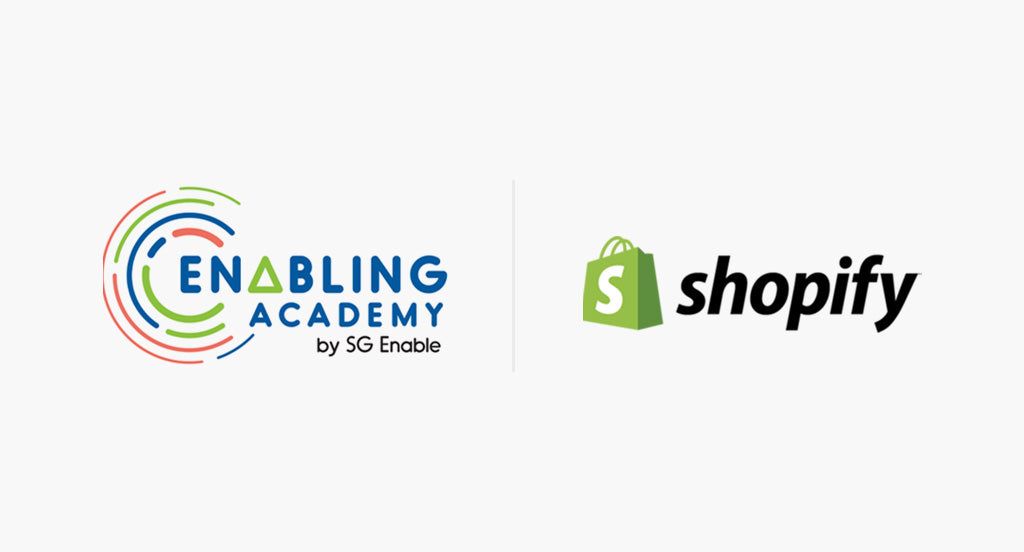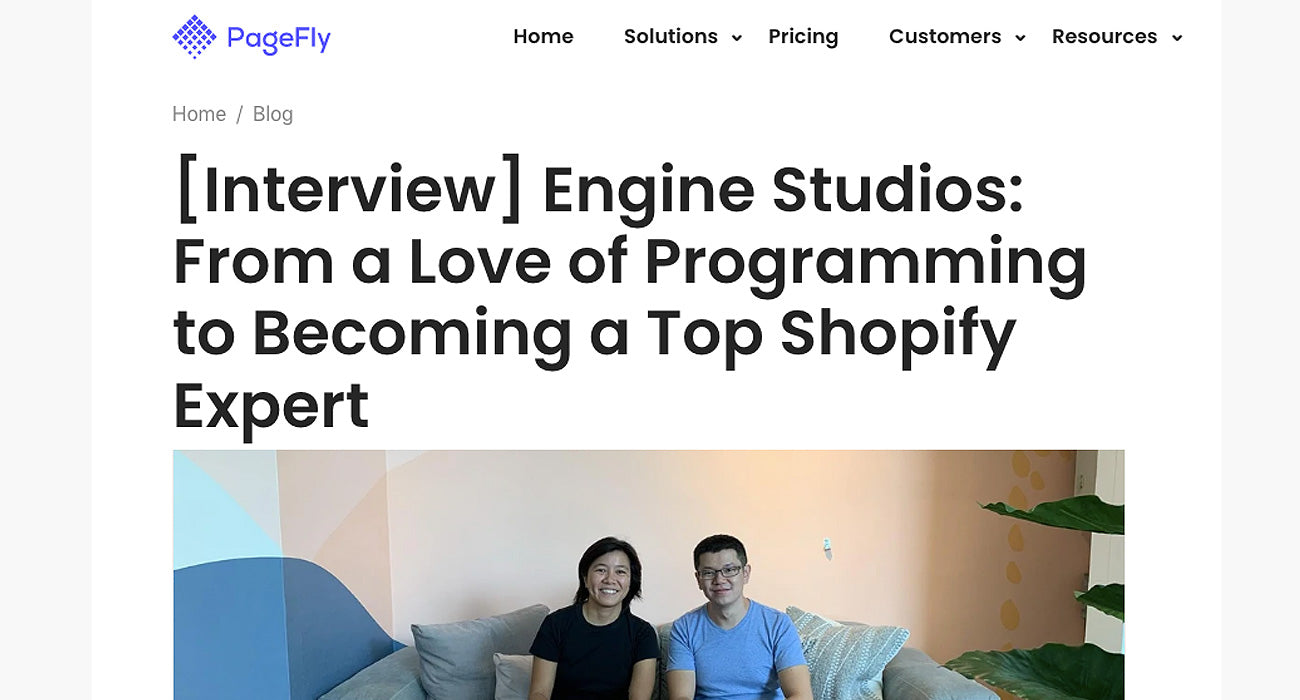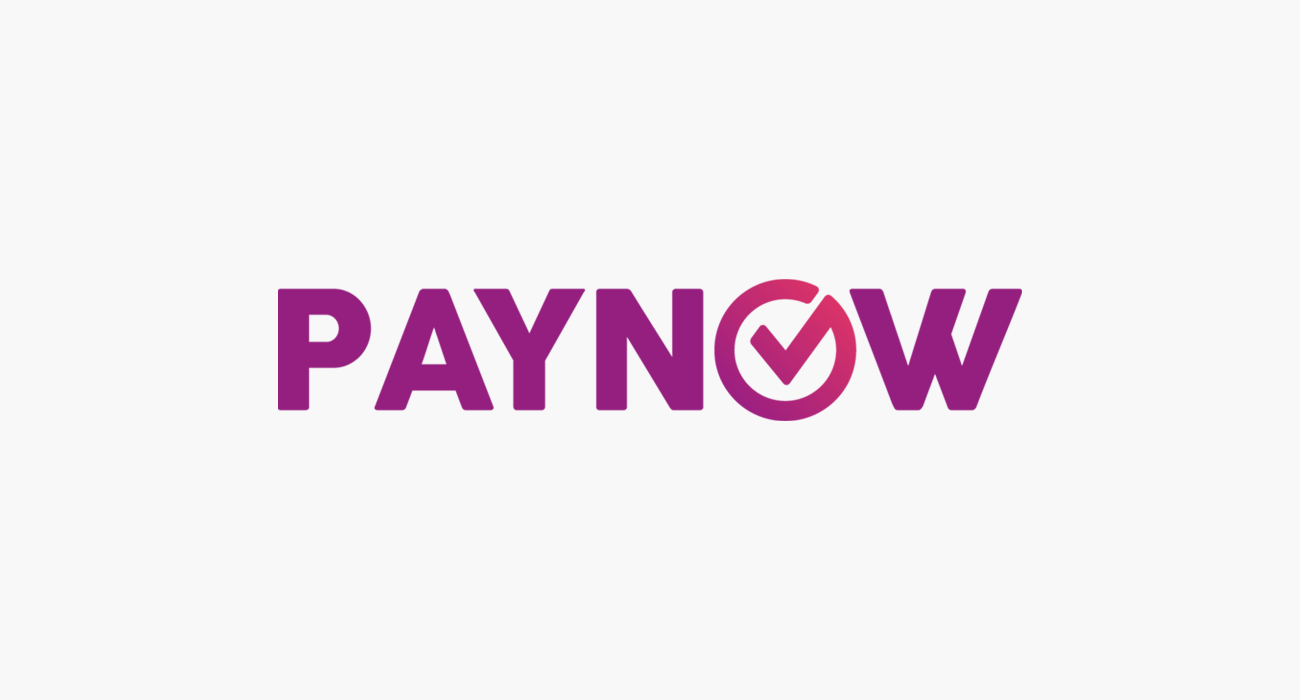Princess Awesome is smashing gender stereotypes with their awesome clothing designs for children. Their Shopify store has been running since 2015, and they have been featured on CNN, CBS this Morning, Today and People Magazine. Today, we interview Eva, one of the founders of Princess Awesome to find out more about their Shopify success story.

Please tell us about how Princess Awesome came about and how did you get the idea for Princess Awesome?
My business partner, Rebecca Melsky, was looking for new pajamas for her daughter one day - she bought some from the girls' section and some from the boys' section, and as she was checking out, she just had the thought, "Why can't I buy any dresses that have rocket ships or dinosaurs on them?" The next day she asked me if I wanted to start a clothing line. I said yes, absolutely! What a great idea - clothes that give girls options that include so many themes other than what has traditionally been offered to them. Over the last five years, we have expanded into adult clothes and boys' clothes too.
You have really great photos on your website! How did you find the photographer and models for the shots?
When we were our first Princess Awesome photoshoot, we knew we wanted a photographer whose work emphasized the reality of childhood in all its messy reality. We found Katie Jett Walls through her website, www.katiejettwallsphotography.com. Her work was exactly what we wanted - real people, especially children, photographed as unique individuals with unique interests - exactly what our brand emphasizes.
Recently you have launched a new clothing line Boy Wonder, what's the idea behind it and how is it different from other clothes for boys?
Boy Wonder flips the script on boys' clothes the same way that Princess Awesome changes the way we think about girls' clothes. We take topics that are considered "for girls" and make boys' clothes with them. The point isn't to make gender-neutral clothing. The point is that some topics have become intensely associated with one gender or the other (unicorns = girls, trucks = boys), and what we are doing is returning those topics to gender neutral by putting them on the opposite gender's clothing. Putting a unicorn on a shirt and calling it gender neutral doesn't make it gender neutral, because people are trained to see unicorns as "for girls." A "gender neutral unicorn shirt" is always seen as a unicorn shirt for girls (the same way a gender neutral truck shirt would be seen as for boys). People look at it and say, "That boy is wearing a girls' shirt." So instead we purposefully emphasize that the shirt itself is a boys' shirt - it's the topic on it that we are turning gender neutral by emphasizing that it can be worn as a boys' item of clothing.
I notice that Princess Awesome takes the effort to source for ethical manufacturers and engage a social enterprise for your warehousing and fulfilment. Why was it important for you to do this?
To the fullest extent that we are capable, we choose the most ethically and environmentally sound production facilities and methods available to us. It's the right thing to do. We cannot claim to be a company founded on correcting injustice by continuing to use unjust methods of production.
Was it difficult to source for ethical companies and social enterprises and how did you find them?
It wasn't! Most large manufacturing companies are certified through a third-party ethical auditor such as WRAP. Smaller companies comply with the certifications voluntarily because it is expensive to become certified. Not having the certification doesn't mean they are unethical. We do our due diligence by asking the same questions the auditors ask, making tours when possible, and requesting documentation from the factory that they are manufacturing ethically. Being a small manufacturer ourselves, we often need to work with small manufacturing companies simply because they are the only ones who will agree to our small order quantities.
I believe there are businesses out there that want to source for ethical or environmentally friendly manufacturer, but find it difficult to do so perhaps because of the additional costs and effort. What advice can you give these businesses?
First, ask what certifications they hold - many large manufacturers are certified as ethical through a third party. If they are not, learn how to communicate with those manufacturers. Ask them the questions the auditors would ask - you can find their questions on their website or even ask auditors to give you the list of questions they ask. Require photos and videos. Ask for their company history. Interview the owners and CEO. Interview employees - if a company won't let you speak to its employees, that is a sign they are not operating ethically.
Find out more about Princess Awesome at www.princess-awesome.com



